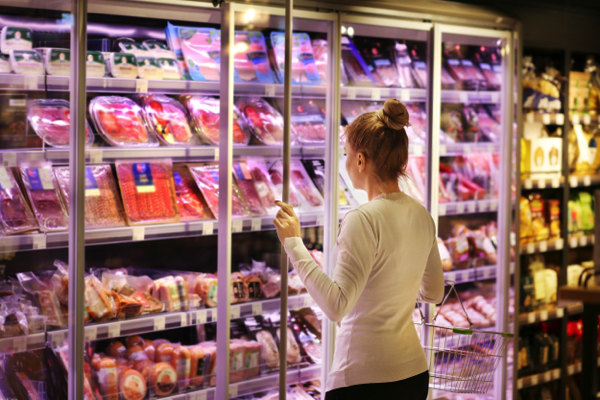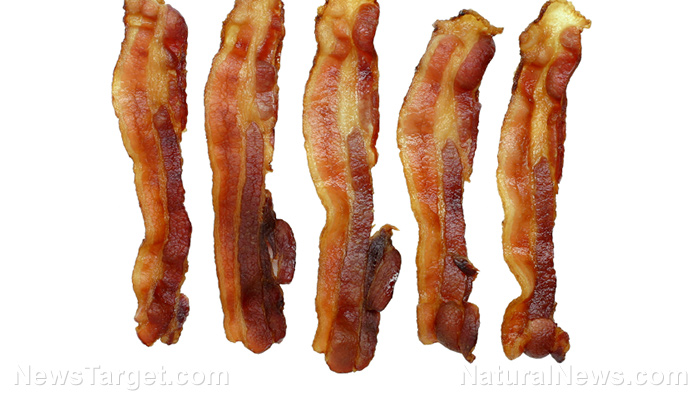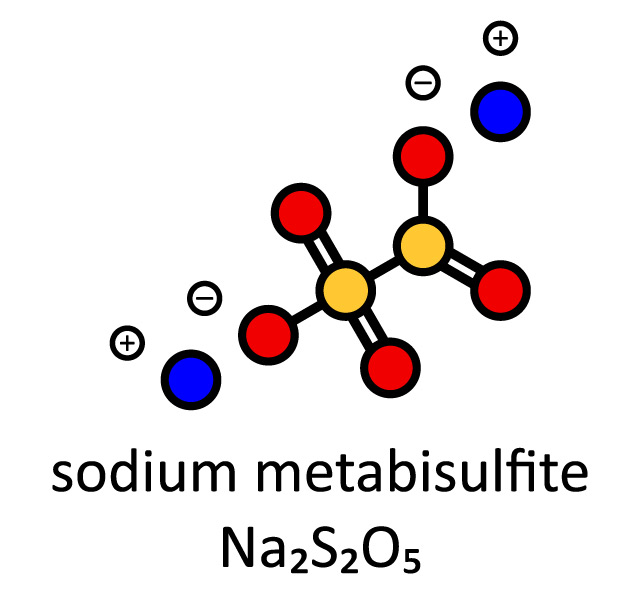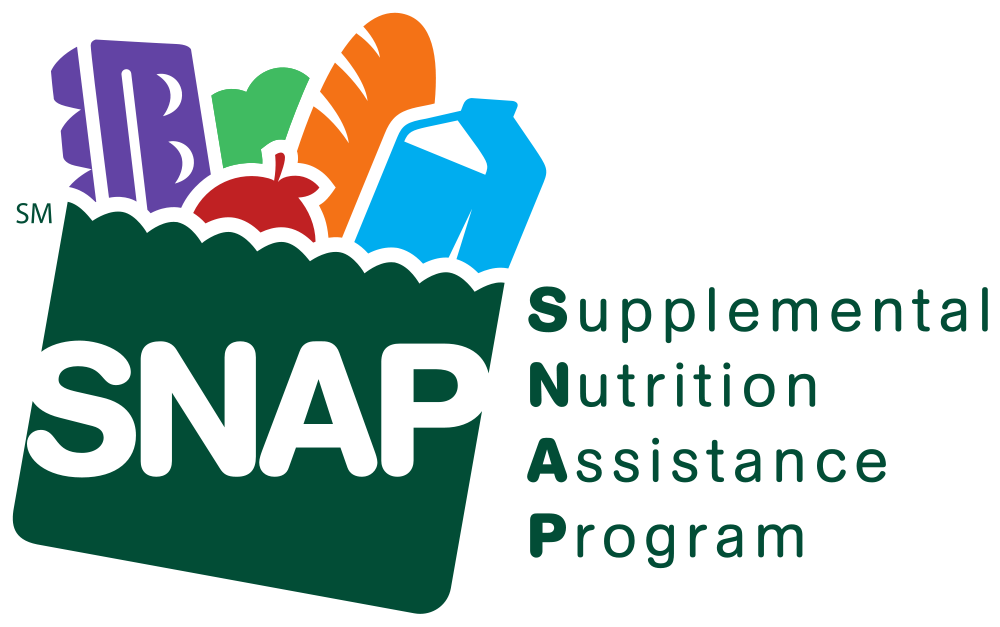Your morning cup of tea could be serving billions of microplastics, new study warns
10/31/2025 / By Jacob Thomas

- A comprehensive study found microplastics in every single one of the 31 beverages tested, including coffee, tea, juices and sodas.
- The highest concentrations of microplastics were discovered in hot drinks like tea and coffee, posing a greater risk than cold beverages.
- Heat is a critical factor, as it significantly increases the shedding of plastic particles from packaging materials like polypropylene and nylon tea bags.
- The health implications are serious, with recent studies linking microplastics to an increased risk of heart attack and stroke.
- Researchers are calling for urgent legislative action to limit human exposure and recommend consumers consider alternatives like loose-leaf tea to avoid plastic contamination.
A comprehensive study from the University of Birmingham has delivered an alarming finding: Microplastics are present in virtually every beverage people consume.
Researchers analyzed 31 different drinks, including coffee, tea, juices, sodas and energy drinks and found microplastic particles in every single one. The most disconcerting discovery, however, was that the highest concentrations of these tiny plastic particles were found in hot beverages like tea and coffee.
Lead researcher Professor Mohamed Abdallah highlighted the critical gap in existing research that prompted the investigation. He told The Independent, “We noted that a lot of research in the microplastics sphere is focusing on drinking water, tap water, bottled water, and we’ve also released a paper from the U.K. on water. But we realized that people don’t only drink water during their day. You drink tea, coffee and juices.”
Hot beverages pose a greater risk of microplastic exposure
The results were stark and universal. “We found a ubiquitous presence of microplastics in all the cold and hot drinks we looked at. Which is pretty alarming and from a scientific point of view suggests we should not only be looking at water, we should be more comprehensive in our research because other sources are substantial,” Abdallah explained.
The role of heat emerged as a critical factor. The research team found that the hot water used to brew tea and coffee significantly increases the shedding of plastic particles from the packaging itself. According to BrightU.AI‘s Enoch, polypropylene is a common plastic used in food and beverage containers that was among the most frequently identified polymers in the tested drinks.
“This supports previous studies indicating that heat increases microplastic release from packaging materials, thereby suggesting that hot beverages pose a greater risk of microplastic exposure than cold beverages,” the researchers wrote in their report.
This finding casts a particularly worrying light on premium teas packaged in “silk-like,” pyramid-shaped tea bags. These luxurious sachets, often marketed as superior, are frequently made with synthetic materials like nylon. When subjected to boiling water, a single one of these bags can release billions of microscopic plastic particles directly into the cup, turning a health-conscious choice into a significant source of plastic ingestion.
The scale of exposure is immense. “We’re consuming millions of teas and coffees every morning, so it’s something to definitely look at,” Abdallah stated, calling for urgent action. “There should definitely be legislative action from the government and also from international organisations to limit human exposure to microplastics; they’re everywhere.”
Microplastics can negatively affect your health without you knowing
The health implications of this pervasive contamination are only beginning to be understood and the early evidence is damning. Recent studies have directly linked the presence of microplastics in the body to an increased risk of heart attack and stroke. Furthermore, separate research from the University of Birmingham has discovered that the chemical additives within these microplastics can enter the human body not just through ingestion, but even through sweat.
These tiny particles, measuring a mere millionth of a gram, are now present in virtually everything humans consume, from bottled water to meat and plant-based food. They enter our systems through food that has contact with plastic packaging or through direct contact with everyday plastic products.
The message for tea drinkers is becoming clear: real tea is great, just not the kind laced with glue, ink or plastics, which describes the vast majority of brands lining grocery store shelves. As science pulls back the curtain on the hidden cost of convenience, consumers are encouraged to explore alternatives, such as loose-leaf tea brewed in a metal or ceramic infuser, to reclaim the simple, pure pleasure of a morning brew without a side of plastic.
Watch this video about the disturbing discovery of microplastics inside your body.
This video is from the Daily Videos channel on Brighteon.com.
Sources include:
Submit a correction >>
Tagged Under:
clean food watch, consumer awareness, contamination, dangerous, discoveries, food safety, food science, food supply, grocery, hot beverages, microplastics, plastic packaging, poison, products, real investigations, research, stop eating poison, synthetic materials, tea, tea bags, toxic chemicals, toxins
This article may contain statements that reflect the opinion of the author
RECENT NEWS & ARTICLES
COPYRIGHT © 2017 FOOD SUPPLY NEWS




















